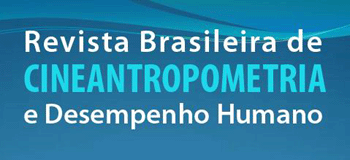Few interventions to reduce sedentary behavior in youth have been successful and have had only subtle effects. The aim of the study was to assess the effectiveness of a school-based intervention to promote physical activity and healthy eating habits on screen time indicators in students. This was a randomized controlled intervention study of high school students (15-24 years of age) who attended evening classes in the public schools of 2 Brazilian capital cities, Florianópolis and Recife. Data collection was performed via a questionnaire at the beginning (March) and end (December) of the 2006 school year. Students who reported spending 2 or more hours per day watching television or playing videogames/using the computer on weekdays or weekend days were considered exposed to screen time. Logistic regression analyses were performed. Among the 2,155 students included in the baseline sample, 989 were evaluated during the post-intervention period. The intervention group showed significantly reduced exposure to videogame/computer time on weekend days compared with the control group (29.8% vs. 35.6%; p=0.004). After adjusting for potential confounding factors, the results showed that the intervention had no significant effect on reducing the exposure to screen time in the surveyed students. The intervention model adopted in the Saúde na Boa project was not effective in reducing the screen time exposure of high school students.
Sedentary lifestyle; Students; Intervention studies; Brazil
